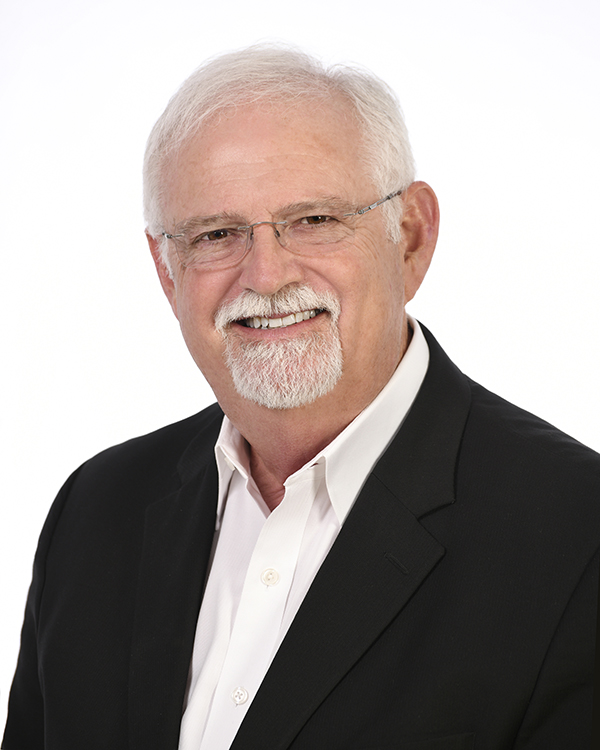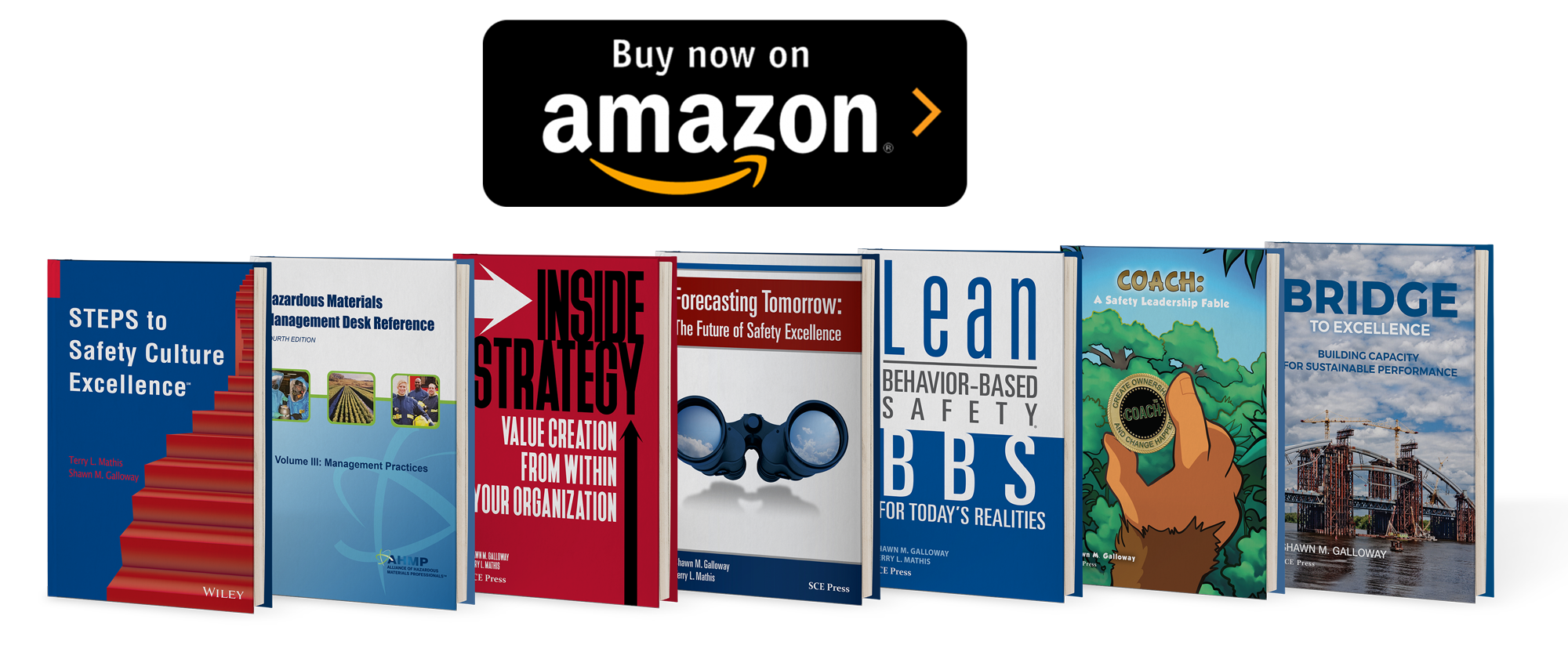February 05 2017
By: Terry L. Mathis
There is a new offering from ASSE suggesting human error might have organizational implications. That fact was obvious to me over 20 years ago when working with one of the gurus of human error and human performance improvement (HPI). But even beyond beginning to realize the impact of influences other than internal ones on safety, the whole human error approach has other flaws that can potentially sub-optimize or completely scuttle its effectiveness. Just calling it "human error" suggests some assumptions:
- that all behaviors can be classified as either right or wrong
- that any act that produces an undesired outcome was a mistake
- that mistakes (errors) are "human" and thus the result of bad choices by individuals
- that all choices are conscious
- that outside influences cannot impact or override personal judgement or choice
- that individuals can always accurately predict the outcome of their choices and therefore are choosing outcomes, not just behaviors

Yes, I know the human error gang will disagree with these points and argue their approach is broader and takes into consideration more factors. But the truth is most worker decisions are heavily shaped by organizational and cultural influences and this is apparently news to human error thinking.

Terry Mathis, Founder and retired CEO of ProAct Safety, has served as a consultant and advisor for top organizations the world over. A respected strategist and thought leader, Terry has authored five books, numerous articles, videos and blogs, and is known for his dynamic and engaging presentations. EHS Today has named him one of the '50 People Who Most Influenced EHS' four consecutive times. Business leaders and safety professionals seek Terry's practical insight and unique ability to introduce new perspectives that lead to real change.
